Held once every four years, the recently concluded IUCN World Conservation Congress that was held in Marseille, France, and online, on September 3-11, 2011, brought together several thousand leaders and decision-makers from government, civil society, indigenous peoples, business, and academia, with the goal of conserving the environment and harnessing the solutions nature offers to global challenges.
Floods, climate change, fires, alarming loss of biodiversity, are some of the complex global challenges that humanity needs to work together to solve. In an increasing interdependent world, these challenges call for greater cooperation among various actors, and innovative solutions to address them. The Congress provided a platform for diverse stakeholders to come together and discuss ways to tackle these pressing and urgent global challenges.
With an urgent call for everyone to get to work and protect our planet, actor and environmental activist, Harrison Ford speaking at the Congress opening ceremony said that, “as inhabitants of this planet, we all need to work together to protect our planet. We have to get to work and make things happens”.
The Africa Biodiversity Collaborative Group (ABCG) organized a number of events on, land use planning, climate change, integrating freshwater conservation and Water, Sanitation and Hygiene, and Population, Health and Environment. The sessions shared lessons and best practices by ABCG, a coalition of seven international conservation non-governmental organizations working in Africa that include: the African Wildlife Foundation, Conservation International, the Jane Goodall Institute, The Nature Conservancy, Wildlife Conservation Society, World Resources Institute, and World Wildlife Fund.
ABCG shared how this community of practitioners, together with other local partners is jointly addressing complex conservation challenges, by sharing examples of on the ground interventions, and offering practical tools that they have developed to enhance conservation.
ABCG events included:
- Engaging Stakeholders to Mainstream Land Use Planning in Africa for Sustainable Development
- Water for People & Nature: Lessons from Integrating Freshwater Conservation and WASH in Africa
- Competing Needs – how we address both conservation and health needs throughout the African landscape
- Helping people and nature adapt to a changing climate
The congress set the nature conservation agenda for the next decade and beyond and had a strong focus on post-COVID recovery, the biodiversity and climate crises, and on the role and rights of indigenous peoples in conservation.

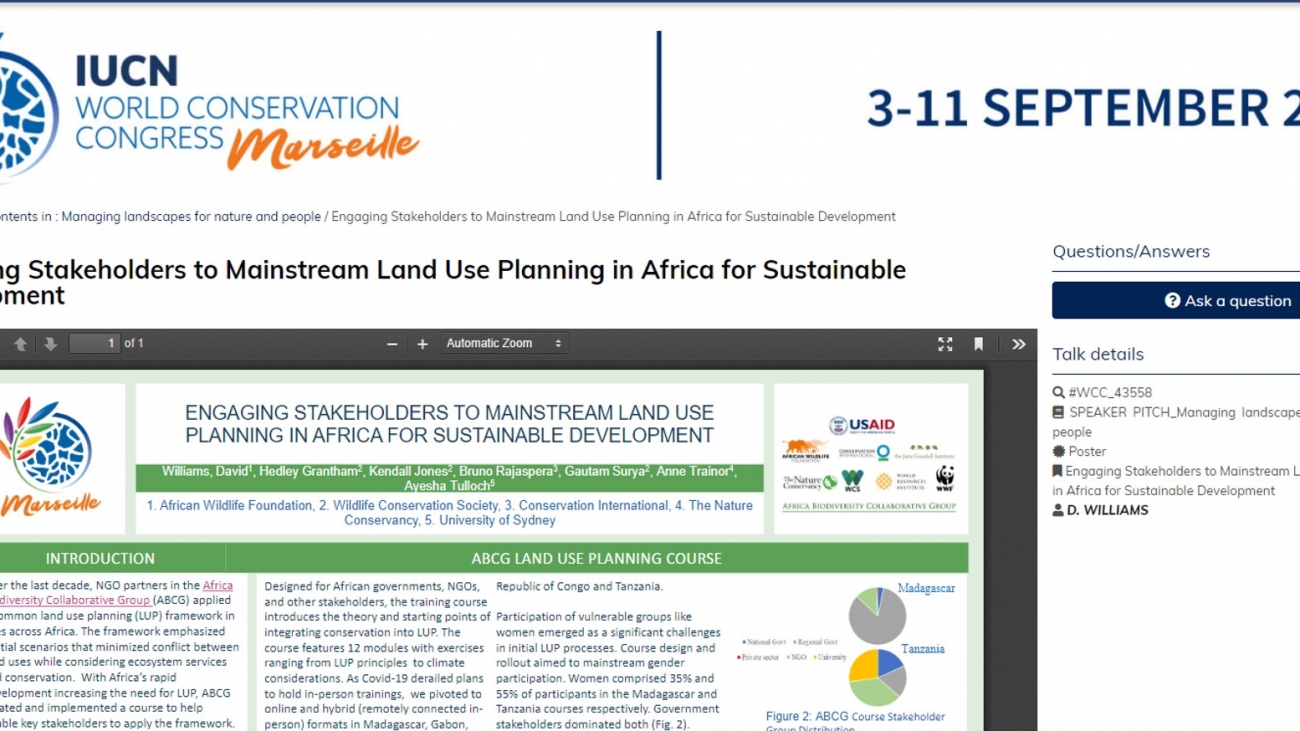
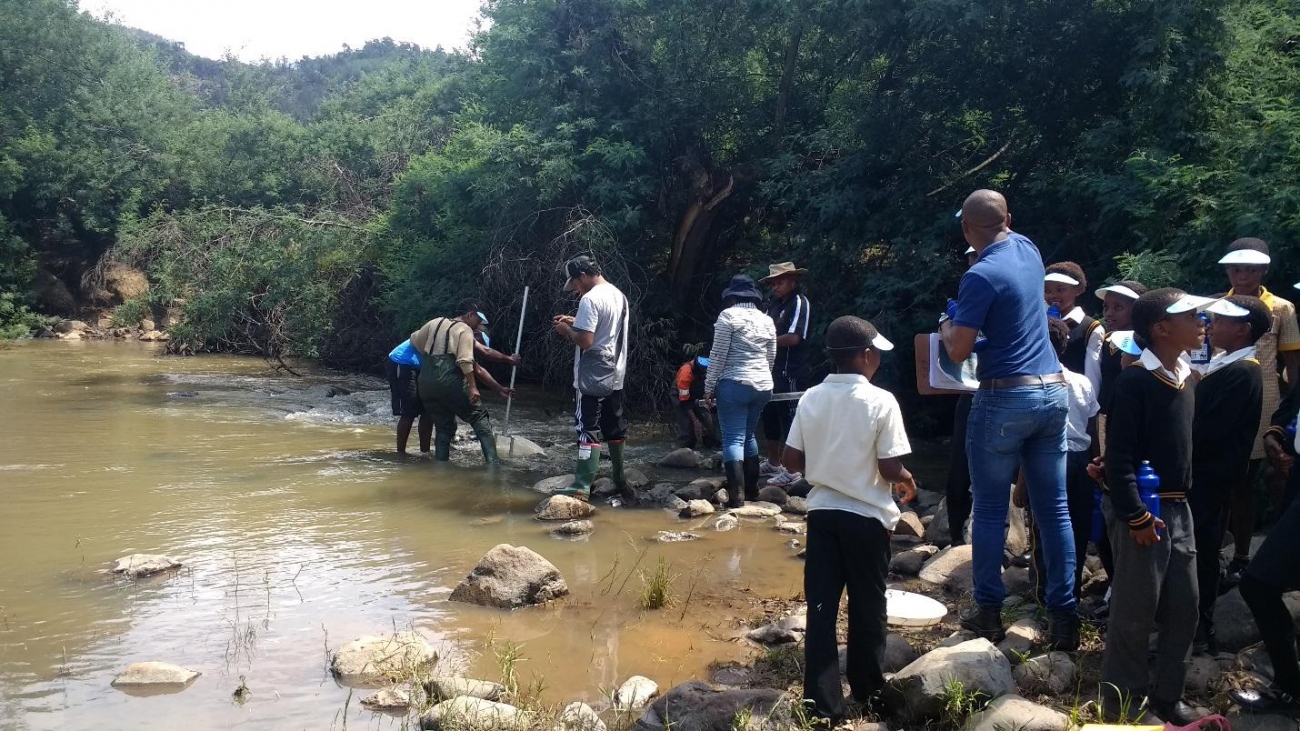
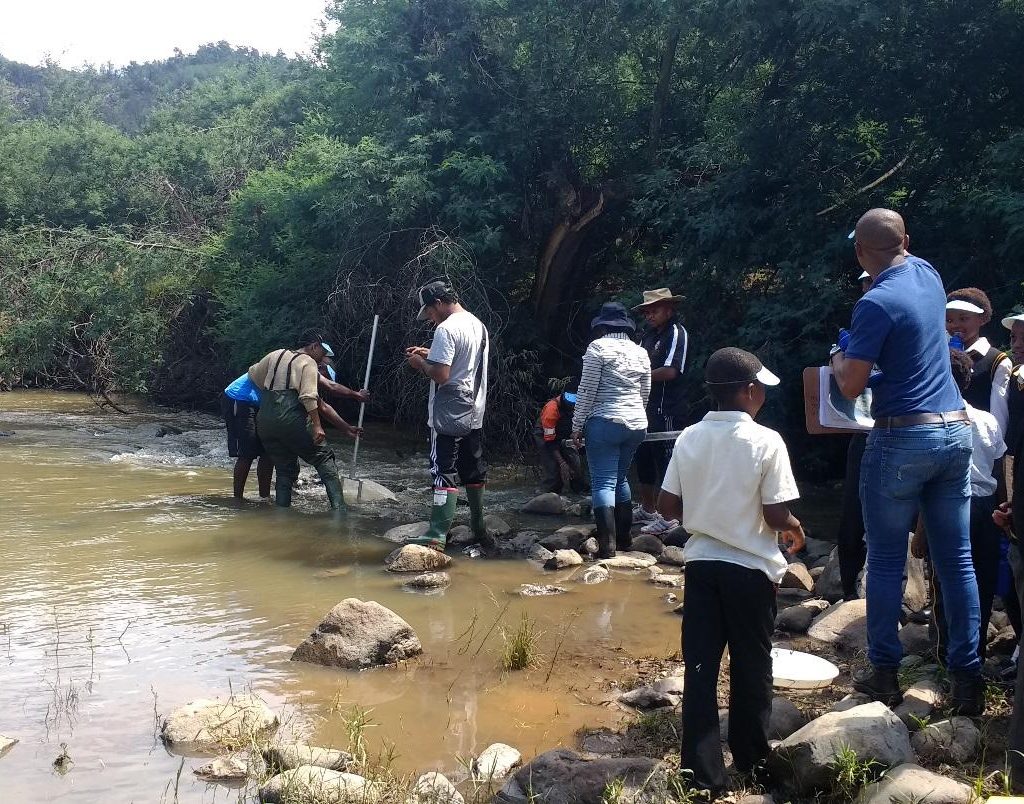
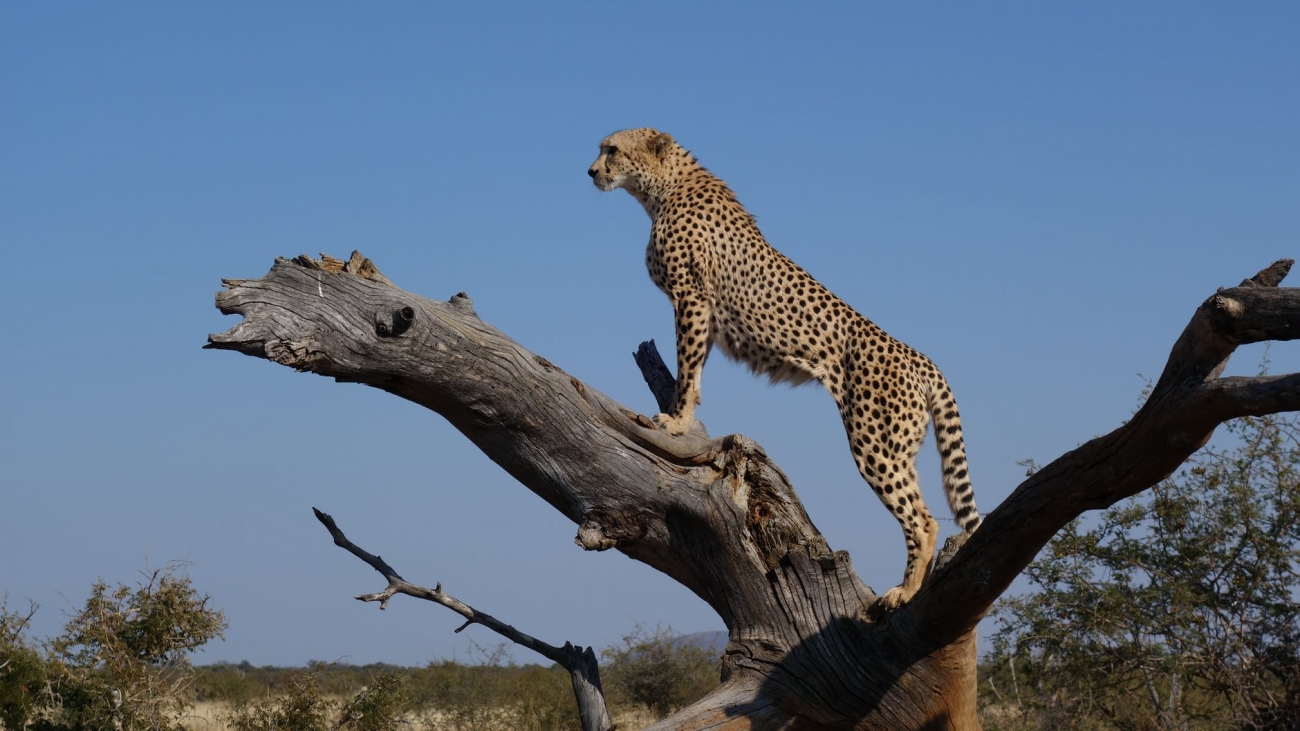
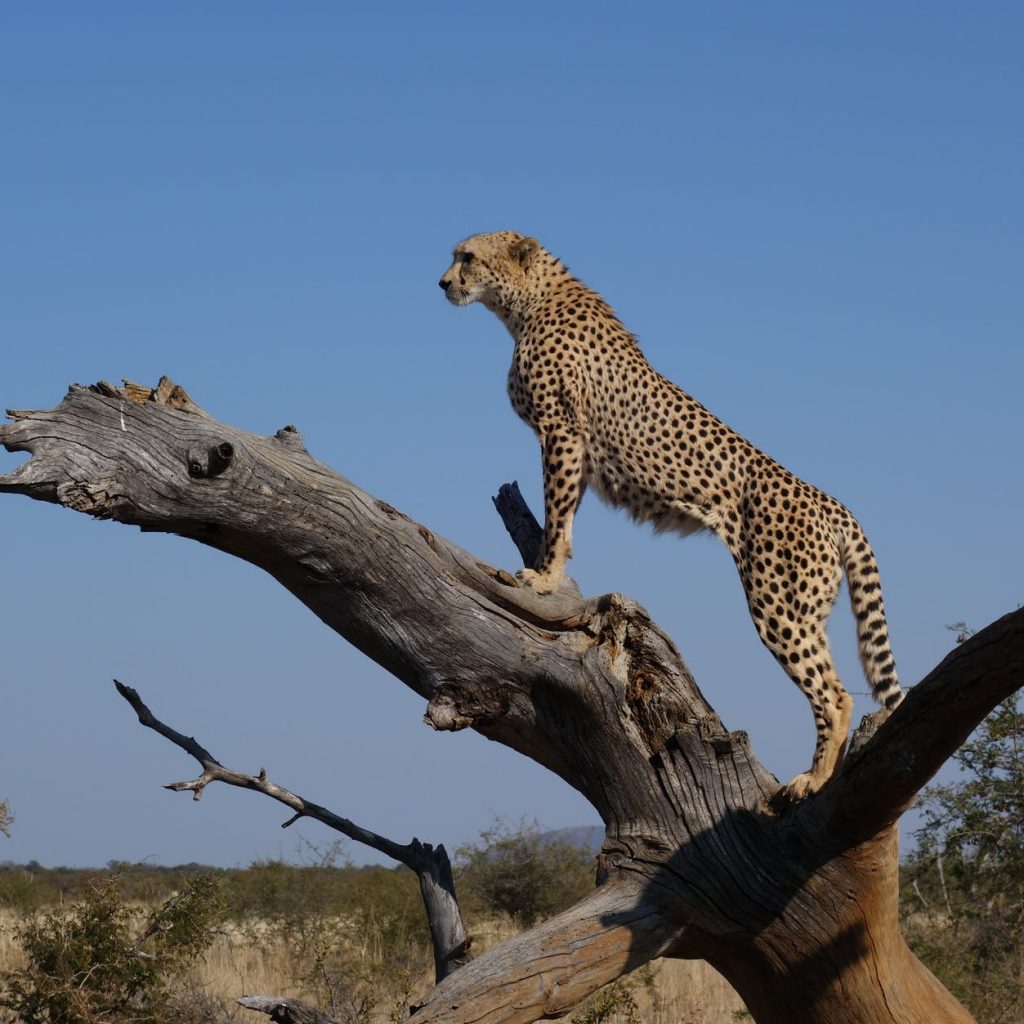
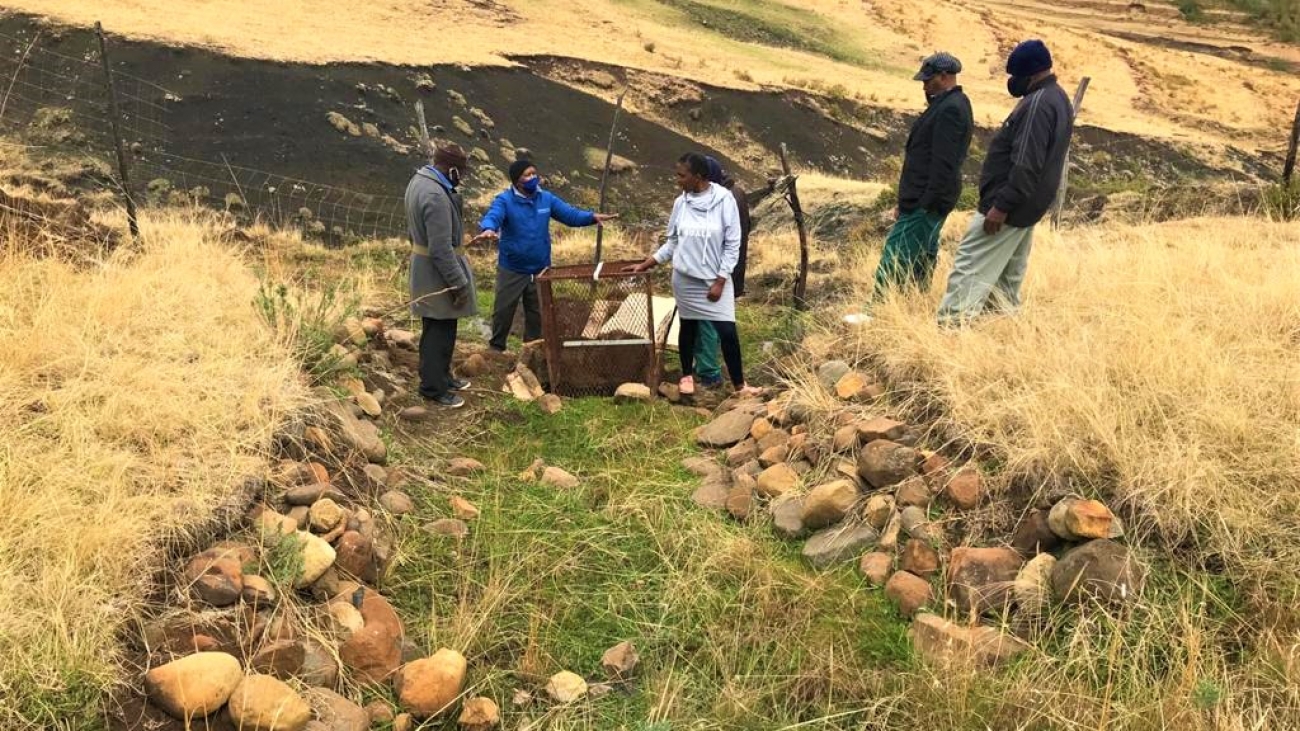
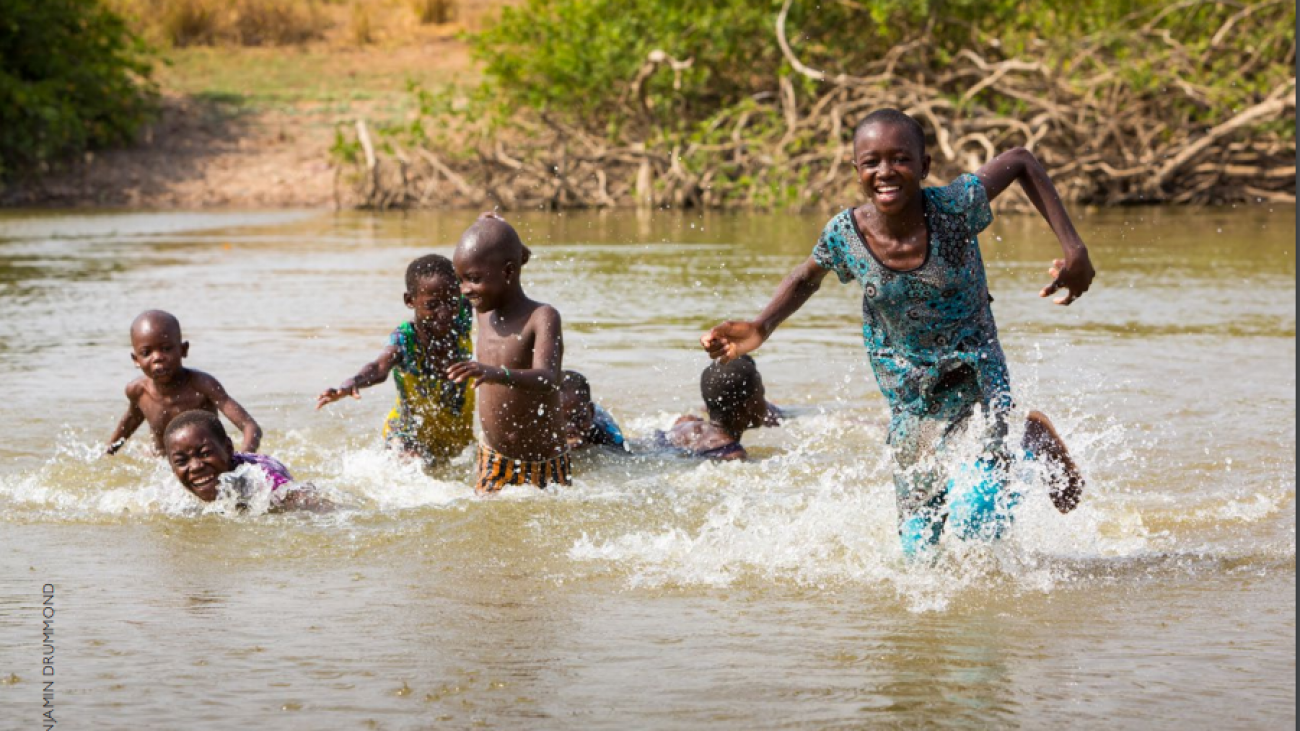
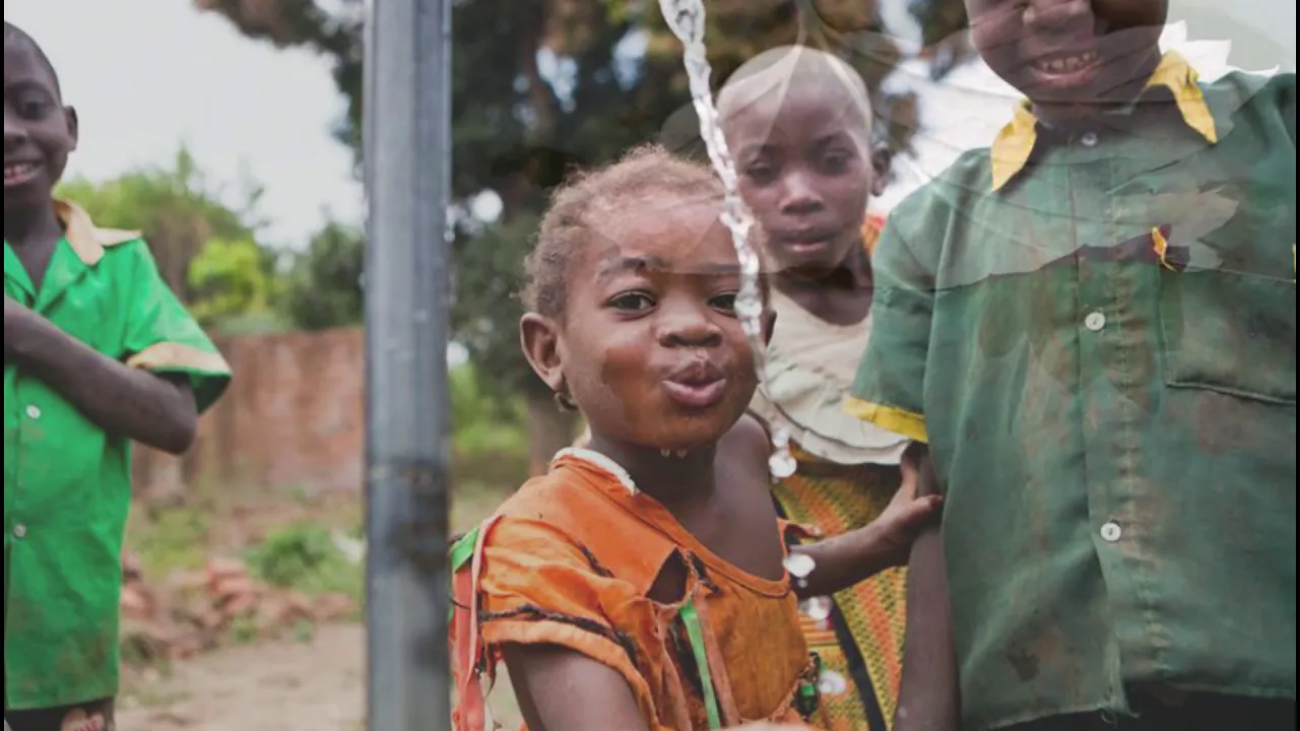
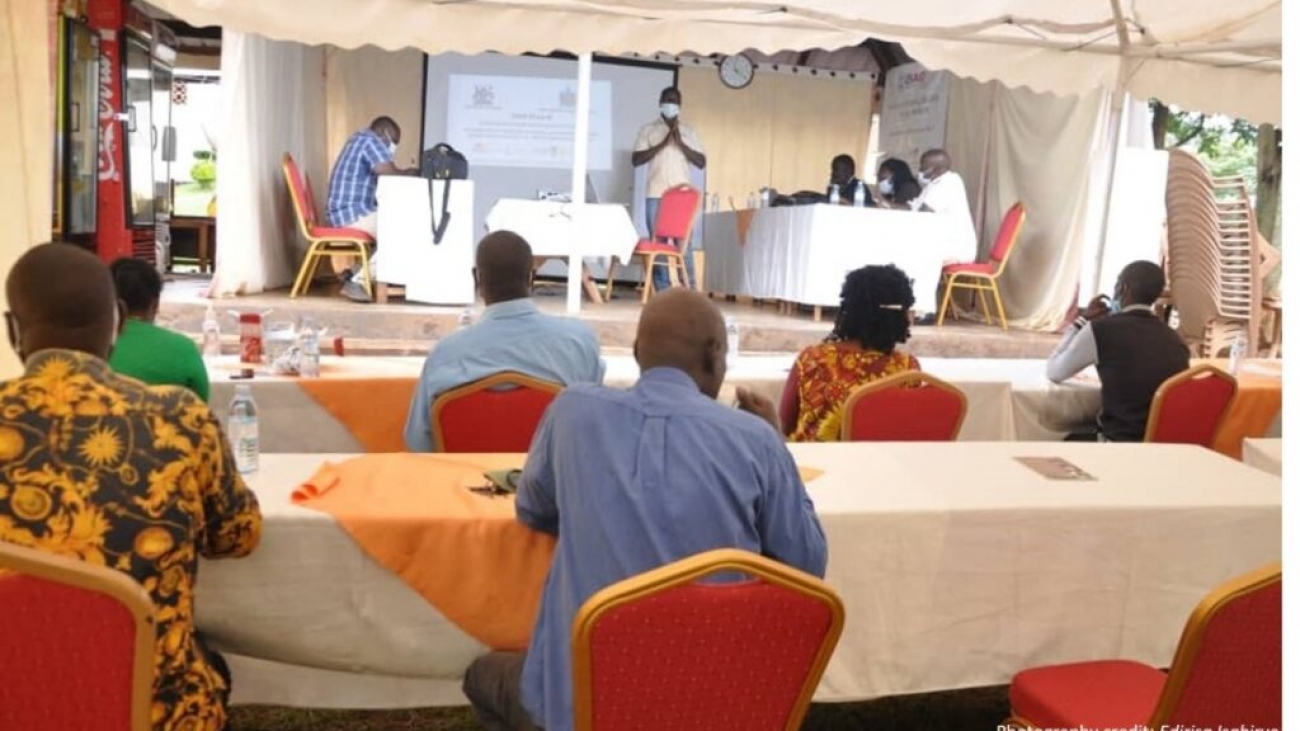

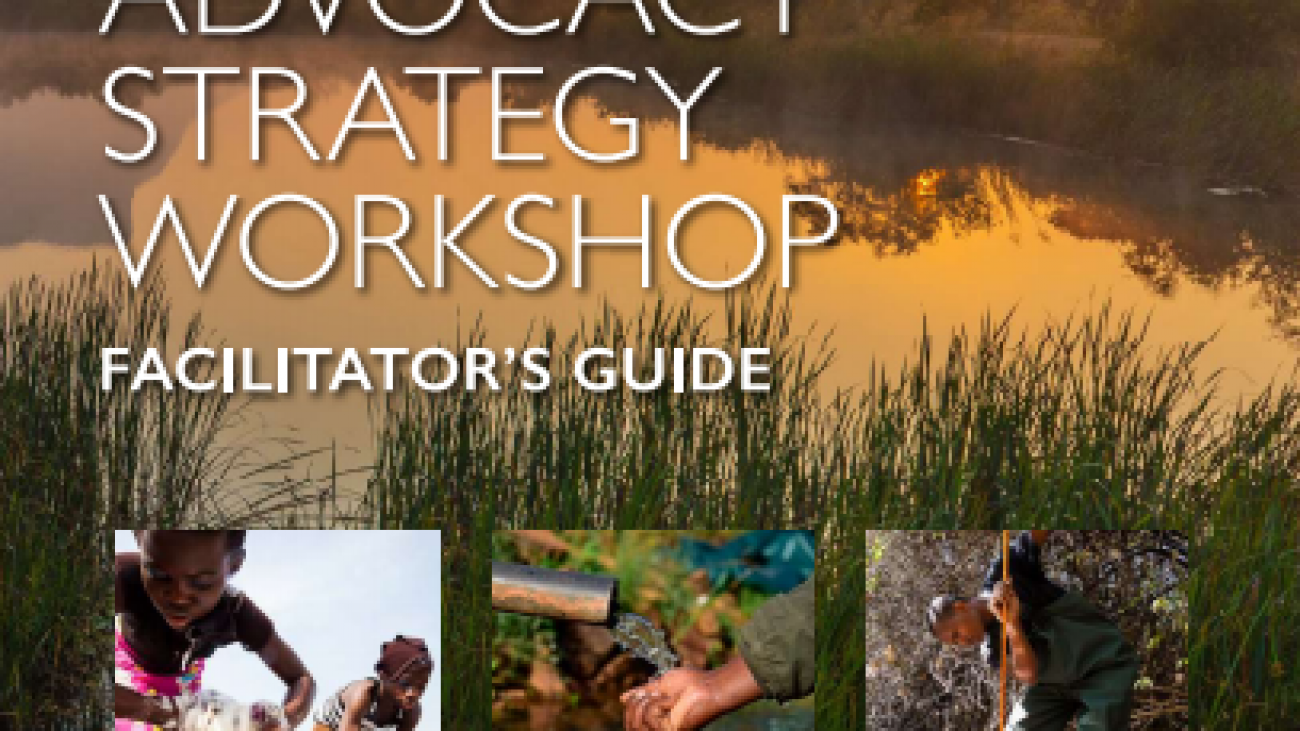
 The Africa Biodiversity Collaborative Group (ABCG) members,
The Africa Biodiversity Collaborative Group (ABCG) members,